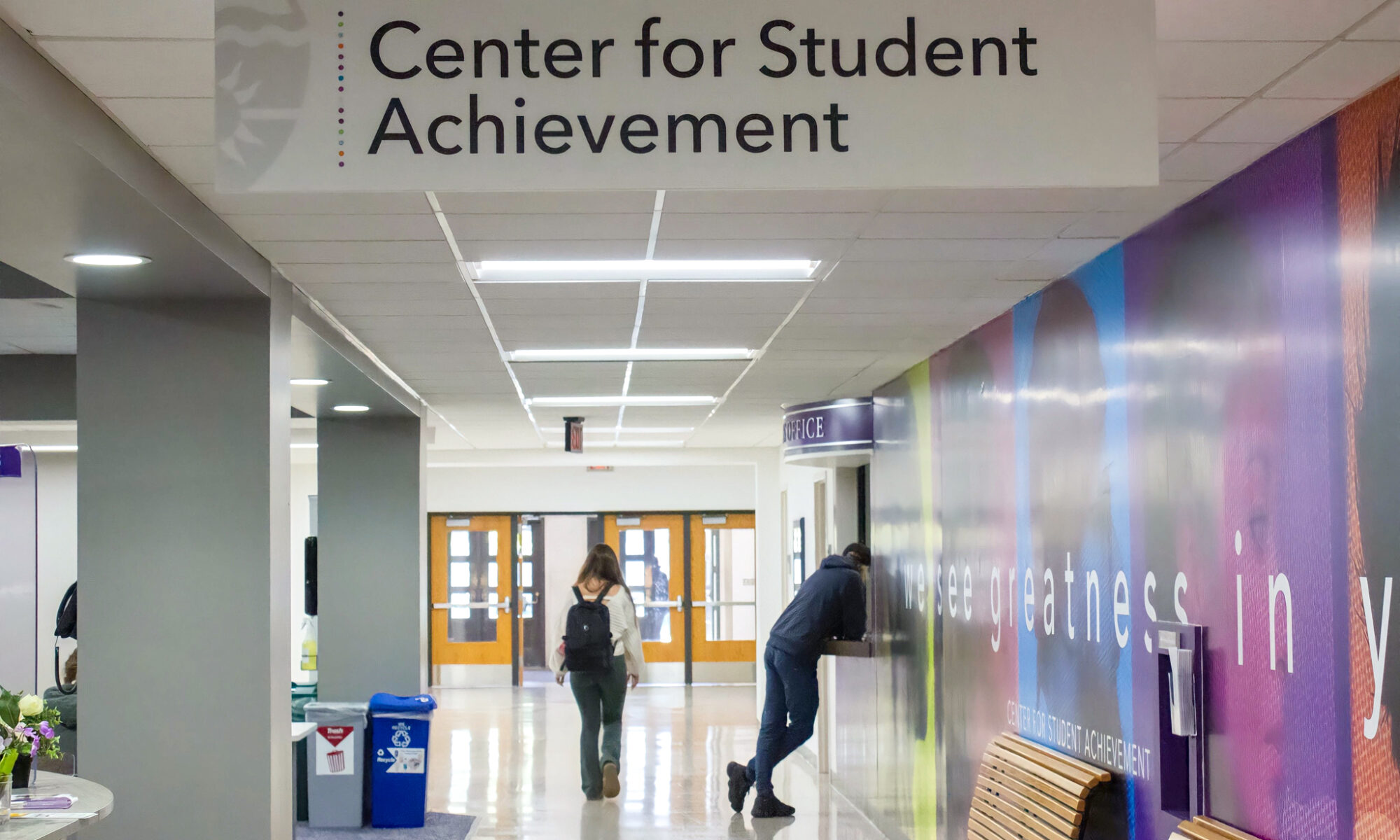
With spring registration in full swing, some St. Thomas students are frustrated by the registration system and the inability to get the necessary classes due to the limited number of seats available each semester.
Due to later assigned registration times for students with fewer credits, there is limited opportunity for students to get the classes that they need for their major or minor.
“We need specific classes, and the university doesn’t provide substitutes if those classes are full,” senior Megan Torrel said.
Registration is done through the university’s system called Murphy Online.
Students are assigned registration times multiple weeks before registration week so they can look at available classes and meet with advisers to remove registration holds.
Once it gets to registration time, students must individually select their classes and register or join the waitlist.
Unfortunately, most of the time when the students get to their registration time, the classes they were planning to take are full.
“Oftentimes there are caps for a reason,” Lisa Waldner, associate vice provost for Undergraduate Student Achievement, said. “Some do it to have a relationship and help the student’s needs in the specific time frame of the class.”
This leaves students like Torrel and junior Mckinley Gelein frustrated.
“If I have a declared major or minor, and other people are taking that class just for an elective, it’s frustrating and doesn’t make sense that we don’t have priority,” Gelein said.
However, from the university’s perspective, since there is a high demand for specific classes at specific times of the day, there is not enough space for some departments to add more of those classes.
“What I like to ask is, ‘Is it a need or a want?’” Waldner said.
Walder explained that if a student is unable to take the class during the upcoming semester, they should see if they are able to take it during the next semester.
“As you gain more credits, you will move up the food chain,” Waldner said.
One thing that the university learned through COVID-19 was the benefit of blended classes.
For professors who desired to work one-on-one with students, and ask them personal questions, having blended classes allowed them to give students that were graduating the ability to take the class and still have the professors be able to work with them.
In addition, department chairs are constantly checking in with faculty about building schedules as they continue to search for the needs of students and capstone space.
“I think they either need to expand the number of classes they have, expand the cap for classes or give students with the declared major or minor priority over other students,” Gelein said.
Annabelle Wiskus can be reached at wisk9881@stthomas.edu.

